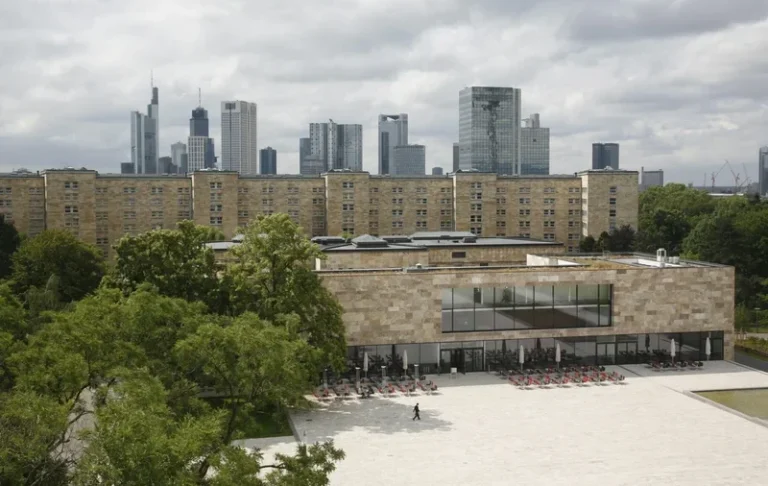About us
Trauma-related disorders emerge as a result of severe (interpersonal) trauma (e.g., experiences of violence) and affect a wide range of psychological, social, and neurobiological processes. In particular, trauma occurring during sensitive developmental phases can lead to long-term changes. Current diagnostic and therapeutic approaches often rely on static models, which only partially capture the complexity of mental disorders resulting from interpersonal violence.
The study “Leben Nach Gewalt” uses dynamic network models to analyze how the symptoms of survivors of violence—with and without trauma-related disorders—interrelate and potentially influence each other over time. In addition to subjective experiences, biological markers are also being assessed.
The aim of the study is to develop a biopsychosocial model that depicts the dynamics and interconnections of symptoms in individuals affected by violence in a differentiated way.
For the first time, psychopathological, psychological, and biological data will be combined and systematically collected multiple times. A particular focus is placed on the role of social identification, the interaction of key symptoms (e.g., hyperarousal, negative self-concept, social withdrawal, physical complaints), and the influence of trauma-related factors such as severity, duration, and timing of the traumatic experience.
Data is gathered through a study design that spans several days: In addition to two initial appointments involving questionnaires, clinical interviews, and biological measurements (blood and hair samples), participants provide daily information about their psychological state, social context, and potential stressors for a period of three weeks via a specially designed smartphone app. This approach results in a differentiated dataset that enables the analysis of individual patterns of symptom development and the identification of key influencing factors.
The study thus contributes to a deeper understanding of complex trauma outcomes and establishes an empirical foundation for the future development of more differentiated diagnostic models and personalized therapeutic approaches.
How to participate
Please note that we are currenty looking for German-speaking participants only.
More detailed information about the project and how to become a study participant can be found on our German site:
Participating Universities and Scientists
Goethe-University Frankfurt
Department of Clinical Psychology
Apl. Prof. Dr. Regina Steil
M. Sc. Nina Winands
M. Sc. Jamie Günzel
Department of Social Psychology
Prof. Dr. Rolf van Dick
M. Sc. Louisa Theisges
Department Methods Center Social Sciences
Dr. Kai Nehler
Philipps-University Marburg
Department of Translational Psychiatry
Univ.-Prof. Dr. Nina Alexander
M. Sc. Paula Usemann
Justus-Liebig-University Gießen
Department of Clinical Psychology
Prof. Dr. Christiane Hermann
M. Sc. Silas Pfeiffer
Technical University of Darmstadt
Ubiquitous Knowledge Processing (UKP) Lab
Dr. Hiba Arnaout









